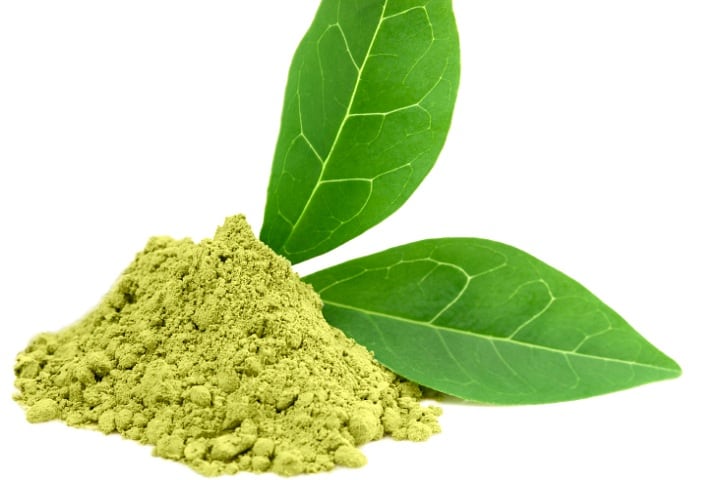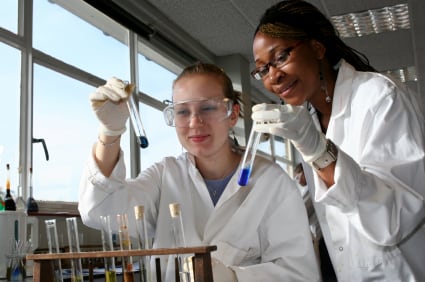Dry labbing, a practice whereby research or analysis is claimed to be done, but in reality the conclusions are guessed at or copied from other sources without actually doing any analysis, has been an issue that has gained national mainstream attention with a Dateline NBC exposé on the issue in March 2012.
Despite media attention, both mainstream and trade press, the practice continues within the dietary supplements industry, said Darryl Sullivan, director of scientific and regulatory affairs for Nutritional Chemistry and Food Safety at Covance Laboratories. “Unfortunately, there is a market for it,” he said.
“The companies who are using dry labs know what they are doing, and they are partnering with these laboratories for cost and/or the passing results they always provide,” said Ed Wyszumiala, president of Wysz Consulting Solutions. “Unfortunately, for every dry lab that is found, another is out there still doing business.”
An infection in the industry
Putting a number on the problem is difficult, however. “I have no direct data on ‘dry labbing’ rather only a strong suspicion that ‘dry labbing’ still exists and is unfortunately perpetuated by the dietary supplement industry itself,” said Elan Sudberg, CEO of Alkemist Labs. “Value propositions in the order of turnaround time, price and then quality support this infection in our industry. It thrives off customers who only care about quick results and cheap tests.
“Cheaters will always cheat and have been called out and known throughout my nearly 18 year stint in the dietary supplement industry. They simply change their company names and location and continue to ‘not test’.
“Most players in this industry know such practice exists and have the tools and resources needed to identify a dry lab. Unfortunately, new players might fall victim to these predators of trust which I why this and other articles are important.”
Solutions
Tackling the problem requires a multi-faceted approach, according to the experts. Covance’s Sullivan calls for stronger regulatory actions taken with these labs, or industry groups to publicly comment on not using these labs.
Some regulatory action has been taken, such as Health Canada suspending the Establishment License of Chemi Pharmaceutical Inc. after finding falsified test results, but such actions are few and far between. The solutions appear to rest firmly with the industry itself.

Frank Jaksch, CEO of ChromaDex, told attendees at the 13th Annual Oxford International Conference on the Science and Regulation of Botanicals in Oxford, MS recently that a basic shift in corporate structure could alleviate the abusive practices, and cited dry labbing and lab shopping as two sides of the same coin.
In the first, the analytical machines don’t get turned on at all; in the second, a company hunts around until it finds a lab that will give results that match its expectations. In both cases, the problems arise because of what Jaksch views as a skewed corporate culture.
“When you analyze it, it is poor business practices that make lab shopping easy to happen,” saidJaksch. “Lab shopping will never stop unless you fix underlying business problems that are related to supply chain management practices.”
The problems arise when companies are structured in such a way that gives too much control to the purchasing department, making price paramount, and any caveats raised by quality managers in this scenario are seen as a costly impediment to the process, he said.
“Purchasing departments have too much control over raw material and vendor selection. You see that quality control is overridden by pressure from the purchasing group to get material to pass. Purchasing departments are incentivized based on cost savings; they fundamentally don’t care about the quality of the material,” he said.
Audit, audit, audit…
The federal government does not have specific regulations for contract laboratories used by the dietary supplement industry. Manufacturers must ensure that contract labs meet all relevant requirements of dietary supplement cGMPs in order to pass FDA inspection. Although the legal context is somewhat vague, labs should be able to provide evidence that their testing methodologies are “appropriate and scientifically valid” and “appropriate for their intended use.”

William Rowe, President & CEO, Nutrasource Diagnostics Inc, said that, if a company suspects dry labbing is occurring, it should request the raw data of the analysis right down to the chromatograms and a copy of the notes in the analyst’s log book.
“Labs involved with dry labbing should be reported to authorities immediately as not only do they intentionally provide erroneous results, they are putting the public in danger,” he added.
There are plenty of places to turn for companies to get tips on how best to select a contract lab, including an excellent article in the American Botanical Council’s Herbalgram publication. Seven basic tips are outlined by the authors:
1. Qualify the contract labs before sending any samples or trusting the results;
2. Qualify more than one analytical lab;
3. Define the relationship with the third party analytical labs by signing a contract or agreement;
4. Visit, audit, and inspect the contract labs;
5. Do not provide the exact results to the lab when sending samples;
6. Send ‘challenge samples’ could be beneficial in the context of a long-term relationship;
7. Use reference materials to evaluate lab proficiency
A list… give us a list!

Another approach being explored by the industry is to produce a list of trusted labs.
“Amongst its many committees the American Herbal Products Association (AHPA) recently created a subcommittee within its analytical labs committee,” explained Alkemist’s Sudberg. “The subcommittee is in the midst of designing and developing a database of analytical labs that AHPA has approved. The approval process is in the works and includes many critical parameters that must be considered when choosing an analytical lab partner.
“With this resource, the work will be half done for a company so it can simply look at a small list and then make its introductory calls to schedule an audit.”
Covance’s Sullivan also highly recommended that other groups try and do the same thing. “AHPA’s efforts are narrowly focused on botanical ID testing,” he noted.
Developing such lists is a complex issue, however, said Wyszumiala. “A qualified list has to be based on laboratory proficiency and capabilities and specific to the type of analysis the lab is proficient in,” he explained. “I don’t see an issue with the trade associations developing criteria for how to proper qualify an outsource laboratory, but the questions and criteria need to be specific according to the analysis looking to be performed.”
Any such list would be bad news to the dry labbers of the world. It would also be good publicity for the labs that make the list. Karen Letourneau, technical programs manager for POS Bio-Sciences, explained that the American Oil Chemists Society’s list of ‘trusted labs’ includes labs that provided acceptable results for the different series offered through their lab proficiency testing program. “POS Analytical Services uses these published lists as a way to advertise the quality of our analytical results.”
